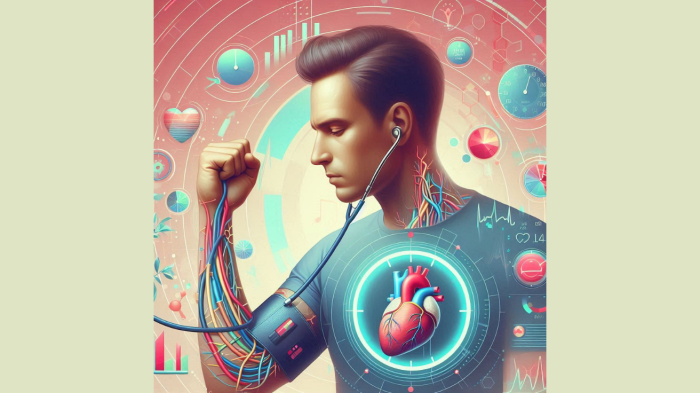Symptoms of Hypertension: Recognize the Signs
Hypertension, or high blood pressure, is a condition that often develops without noticeable symptoms. Known as the "silent killer," it can cause significant damage to the body over time if left untreated. While many people may not experience obvious symptoms, there are subtle signs that could indicate high blood pressure. Being aware of these can help you recognize when to seek medical advice and prevent complications.
Common Symptoms to Watch For
Most people with hypertension do not experience noticeable symptoms, especially in the early stages. However, when blood pressure becomes extremely high, some symptoms may appear. Here are some signs that could suggest high blood pressure:
- Headaches: Severe or persistent headaches are sometimes linked with very high blood pressure levels. These headaches can feel like a pounding sensation in the temples or at the back of the head.
- Dizziness or Lightheadedness: While dizziness can have many causes, it may occur if blood pressure rises suddenly or reaches extremely high levels.
- Blurred Vision: High blood pressure can affect blood vessels in the eyes, leading to changes in vision or even vision loss if left untreated.
- Shortness of Breath: In severe cases, hypertension can strain the heart and lungs, making it harder to breathe comfortably.
- Chest Pain: Although chest pain is often associated with heart conditions, it can also result from high blood pressure, which places stress on the heart and can lead to a feeling of pressure or discomfort in the chest area.
- Irregular Heartbeat: High blood pressure can affect the heart’s rhythm, leading to palpitations or a rapid or irregular heartbeat.
If you experience any of these symptoms, especially if they occur frequently or worsen, it may be a sign to check your blood pressure.
Why Hypertension is Often Called the Silent Killer
Hypertension has earned the nickname "silent killer" because many people who have it may feel perfectly fine or be unaware of the condition for years. In fact, nearly half of adults with hypertension are not aware that they have it. The absence of symptoms often delays diagnosis and treatment, allowing the condition to progress and cause harm.
Over time, uncontrolled high blood pressure can damage blood vessels and organs, particularly the heart, brain, kidneys, and eyes. This hidden damage increases the risk of life-threatening events like heart attack, stroke, kidney disease, and vision loss. Regular blood pressure monitoring is one of the best ways to detect hypertension early and prevent complications.
When to Seek Medical Advice
Even if you don’t notice any symptoms, regular blood pressure screenings are essential. Hypertension can be identified through routine check-ups, which can help prevent serious health problems before they develop. Seek medical advice if:
- You Have Consistently High Readings: If home monitoring shows that your blood pressure is consistently above 130/80 mmHg, it’s time to consult a healthcare provider for a thorough evaluation.
- You Experience Severe Symptoms: If symptoms like severe headache, chest pain, shortness of breath, or vision changes suddenly occur, these could indicate a hypertensive crisis and require immediate medical attention.
- You Have Other Risk Factors: Certain factors, such as a family history of high blood pressure, obesity, or chronic stress, can increase your risk. Regular check-ups are particularly important if you have any of these risk factors.
Monitoring blood pressure can help manage hypertension and reduce the risk of complications. For those looking to stay informed about blood pressure and track their health, Chatdok’s advanced medical chatbot offers personalized advice, reminders for check-ups, and lifestyle tips for blood pressure management. Having access to reliable guidance can empower individuals to take control of their blood pressure and overall health.
Conclusion
Hypertension can quietly impact health in serious ways. Knowing the subtle signs and regularly monitoring blood pressure can make a significant difference in identifying and managing this condition. If you or a loved one is concerned about blood pressure levels, seeking medical advice and support can lead to effective management and a healthier future.



